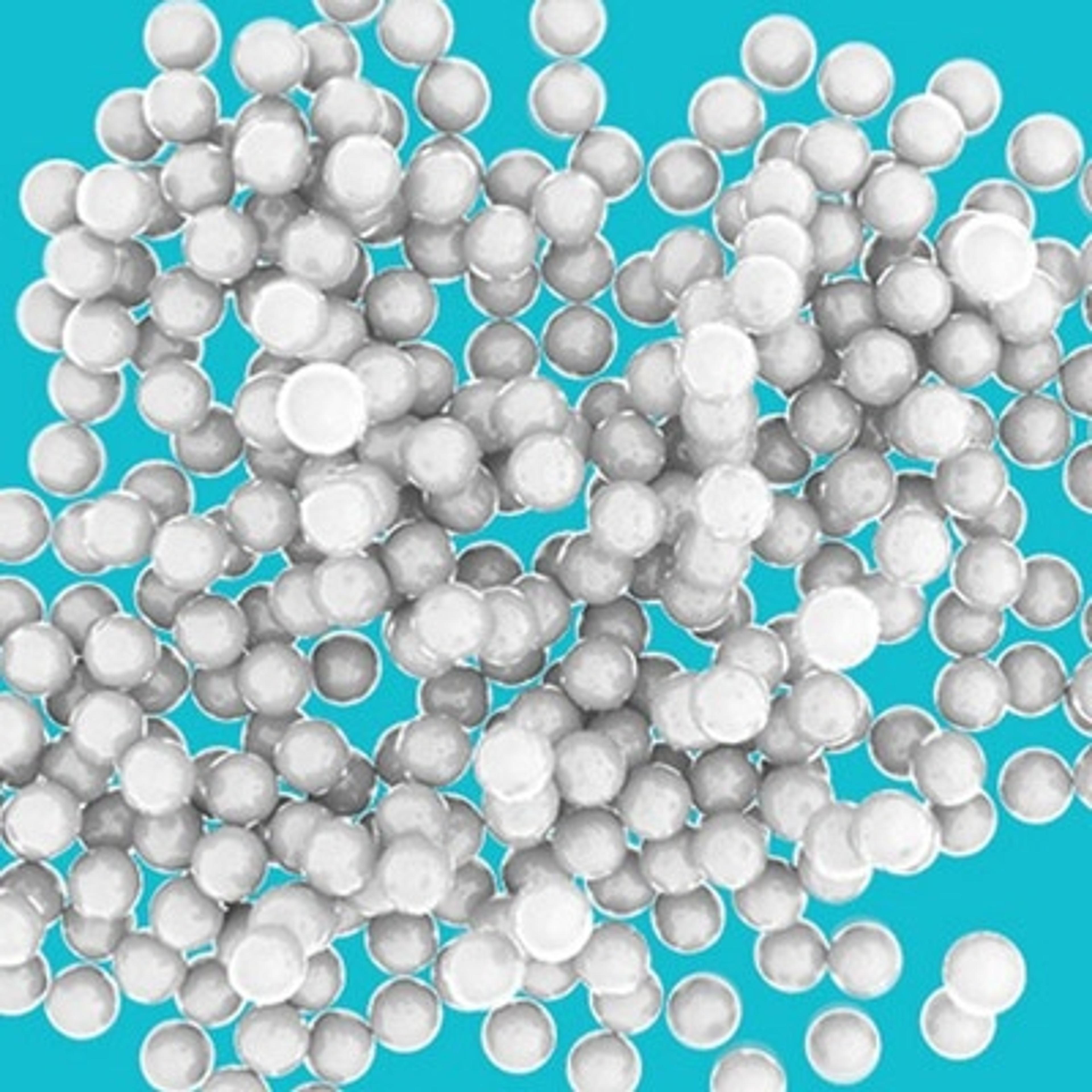IVD manufacturing: Getting audit ready in an evolving regulatory landscape
Learn how Merck’s new fit-for-use materials program could alleviate increasing quality and documentation demands on manufacturers
3 Mar 2022
Merck’s new 'Elevate' program aims to streamline audit preparations for manufacturers of IVD assays and medical devices
The regulatory landscape for in vitro diagnostic medical devices, such as HIV tests, pregnancy tests or SARS-CoV-2 tests, is undergoing substantial changes. In Europe, In Vitro Diagnostic Medical Devices Regulation (IVDR) will establish a new regulatory framework from May 26, 2022. One of the main changes this will introduce is the increased involvement of independent conformity assessment bodies, known as Notified Bodies, to ensure devices comply with safety and performance requirements. Under this new regulation, an estimated 85% of devices will now need to undergo notified body assessment, which will also include a greater focus on the life-cycle management and continuous evaluation of products.
For manufacturers of IVD assays and medical devices, the ramifications of these changes are huge. In particular, technical documentation and quality management systems will become subject to intense scrutiny. Fortunately, help is at hand. A new product documentation program from Merck, called Elevate, promises to help provide diagnostic manufacturers with fit-for-use critical materials accompanied by all the quality attributes required to comply with the evolving regulations.
In this interview, SelectScience speaks with experts in the field of IVD manufacturing to learn more about the program and how it could enable diagnostics providers to streamline approval processes and keep consumers safer when bringing new solutions to market.
Moving goalposts
As Europe and other geographies transition into a more highly regulated landscape, diagnostics manufacturers are having to keep up or risk being left behind. “According to Article 10 from IVDR, IVD manufacturers must have systems for risk and quality management; conduct performance evaluations; build up and keep technical documentation up to date; and apply a conformity assessment procedure,” explains Nathalie Fleury, a scientific sales specialist for Merck’s immunoassay raw material portfolio. “Manufacturers are also responsible for their devices once they are on the market, including taking appropriate corrective actions, recording and reporting incidents, and providing appropriate evidence of conformity to authorities.”
As a result of these changes, compliance with IVDR requires a much greater level of documentation than under the previous directive. “Under the new requirements, ensuring that finished IVDs and medical devices meet certain quality standards is no longer acceptable,” says Shawn Gaskell, head of diagnostic manufacturing materials at Merck. “IVD manufacturers must also guarantee the critical raw materials they use to make their finished IVDs meet just as strict quality and traceability standards.” This means manufacturers will need to select raw materials with the appropriate quality standard, accurate supporting documentation, and technical assistance, as well as suppliers who will allow audits in their manufacturing facilities.
Streamlining compliance with fit-for-use critical materials
Intended to help manufacturers overcome these challenges, Merck’s new Elevate program will provide customers with fit-for-use raw materials complete with full documentation, supply chain visibility and enhanced quality attributes. “The numerous benefits of the program include visibility of raw materials, enhanced change notification, verified process control, compliance declaration, and access to quality agreements,” explains Nathalie, adding: “As a bonus, no changes will occur in the specification of the material or part numbers for products under the program.”
Products included within the Elevate program will, at a minimum, offer the following quality attributes:
- Site quality self-assessment is available
- Shelf life/expiration date is identified, if applicable
- Physical audits can be requested by the customer
- Products can be added to a quality agreement
- Customer notification is available for individual products as an opt-in.
Shawn believes access to fit-for-use materials will help streamline audit preparations while mitigating risk for manufacturers. “By ensuring your upstream critical raw materials meet high-quality standards, backed up by the necessary documentation and change control procedures, you reduce the risk in your supply chain and effectively ‘design-in’ quality, instead of ‘testing-in’ quality,” he asserts. “Designing-in quality will always save the manufacturer time and money in the long run, but more importantly, keep consumers safer.”
First to launch under the program will be Merck’s ProClin™ Preservative and Probumin® BSA products, overseen by product manager Mary Saunders. “Both of these products are critical raw materials used in IVD manufacturing,” she explains. “ProClin™ Preservatives help extend the shelf life of diagnostic products while presenting reduced health hazards, toxicology problems and disposal issues compared to thimerosal and sodium azide alternatives. Probumin® BSA products may be used as a blocking agent and/or stabilizer in the manufacture of various applications.”
The prioritization of these two popular raw materials, commonly used in immunoassay production, is just the beginning. Mary sees the program becoming the standard for raw materials used in manufacturing, and plans are already underway for its expansion to additional product lines. “These will be carefully selected for the program and phased in once they meet the required attributes,” she says.
“In 2023, we plan to introduce Estapor® microspheres to Elevate, especially the particles used for lateral flow assays, immunoturbidimetry, agglutination and chemiluminescence applications,” adds Nathalie. “Long term, we will add many more products and these will be aligned with the most critical raw materials for IVD development,” she concludes.
For further updates, follow SelectScience to keep up with the latest industry news and available resources.
The Life Science business of Merck KGaA, Darmstadt, Germany, operates as MilliporeSigma in the U.S. and Canada
Request a free sample pack to see how Hi-Flow™ Plus membranes can enhance your tests.

